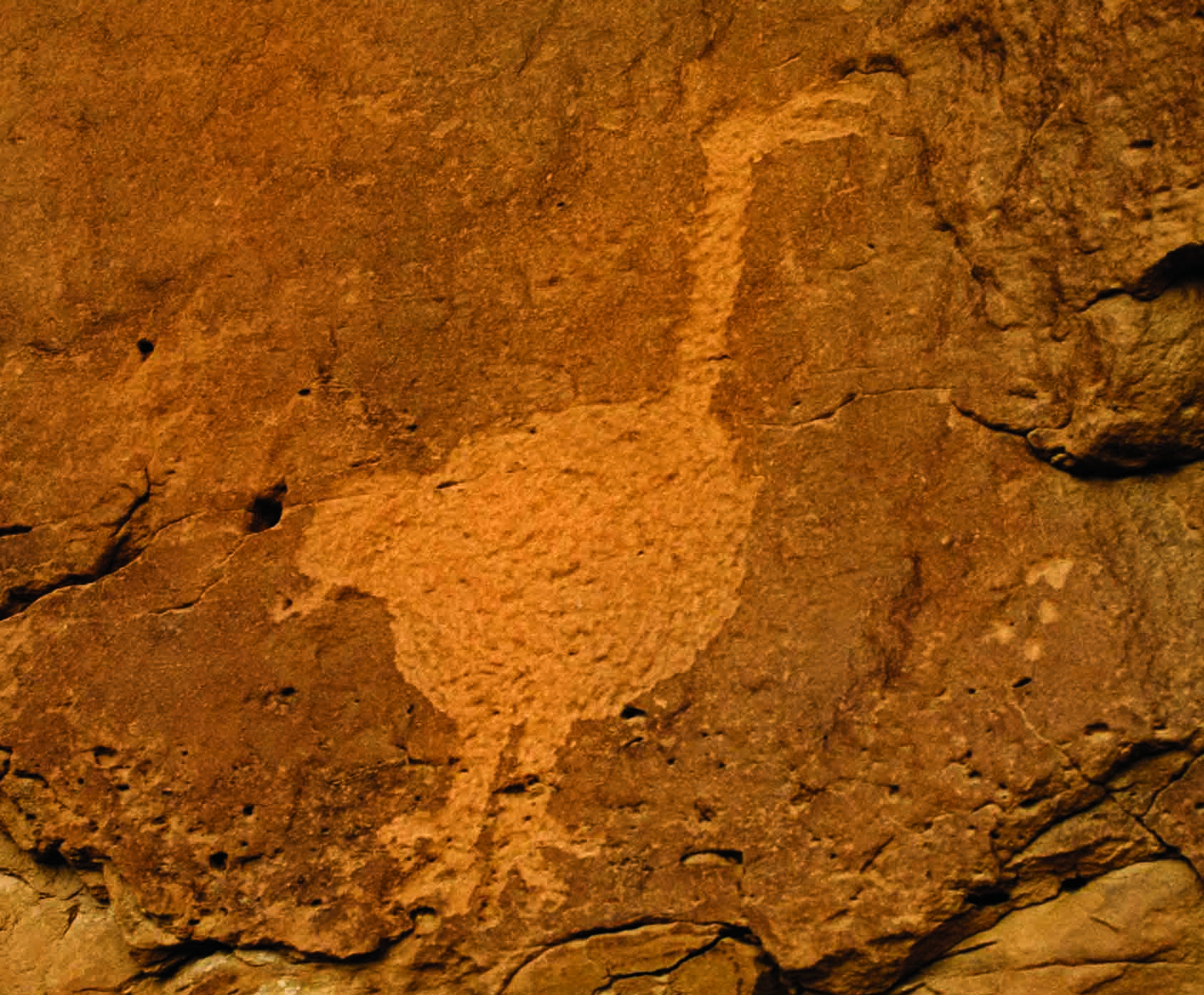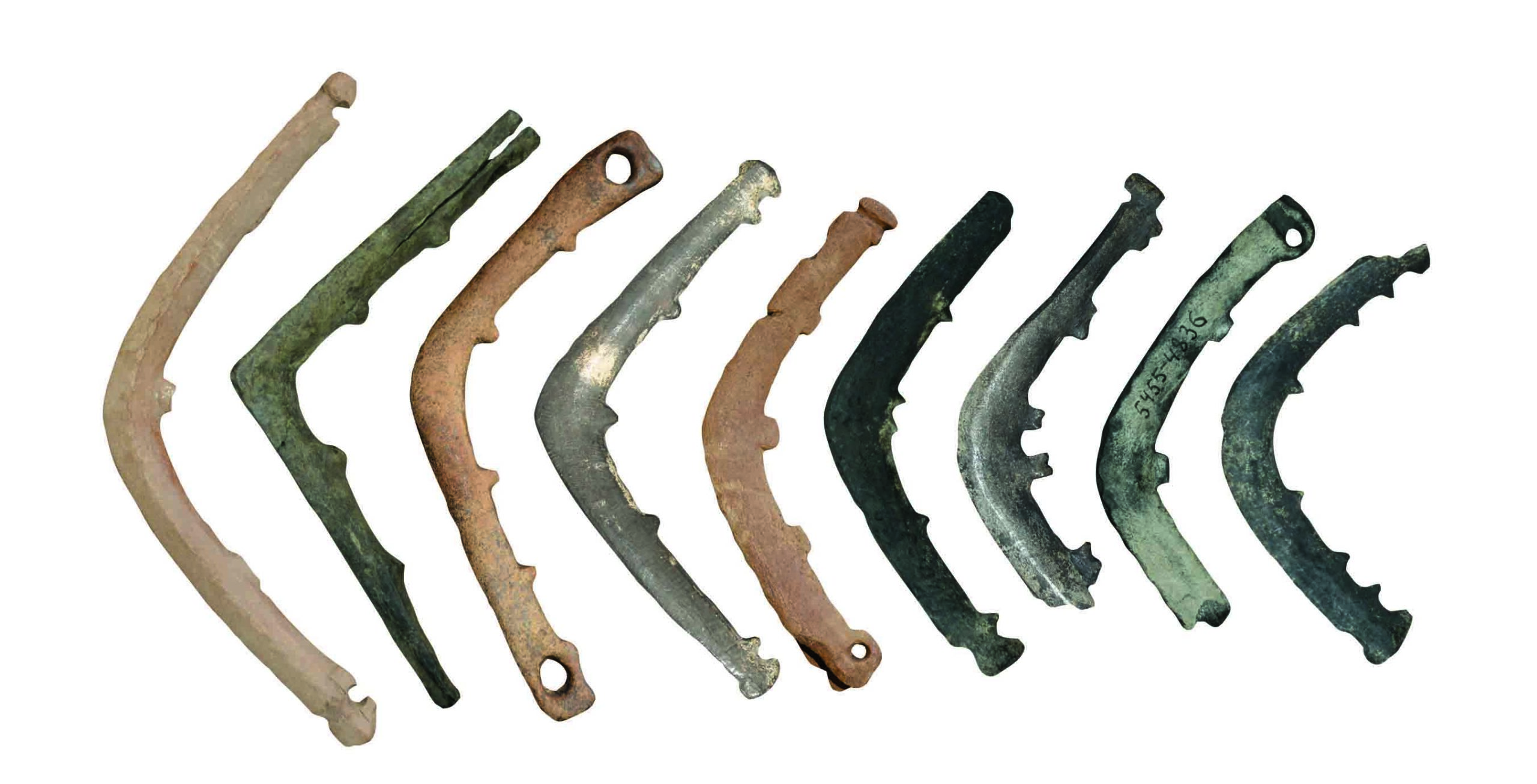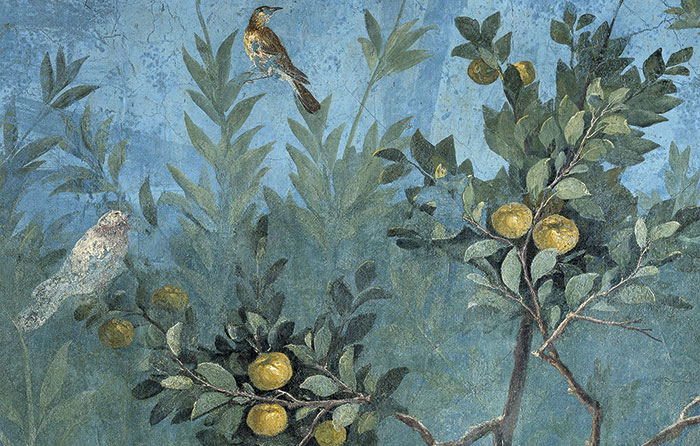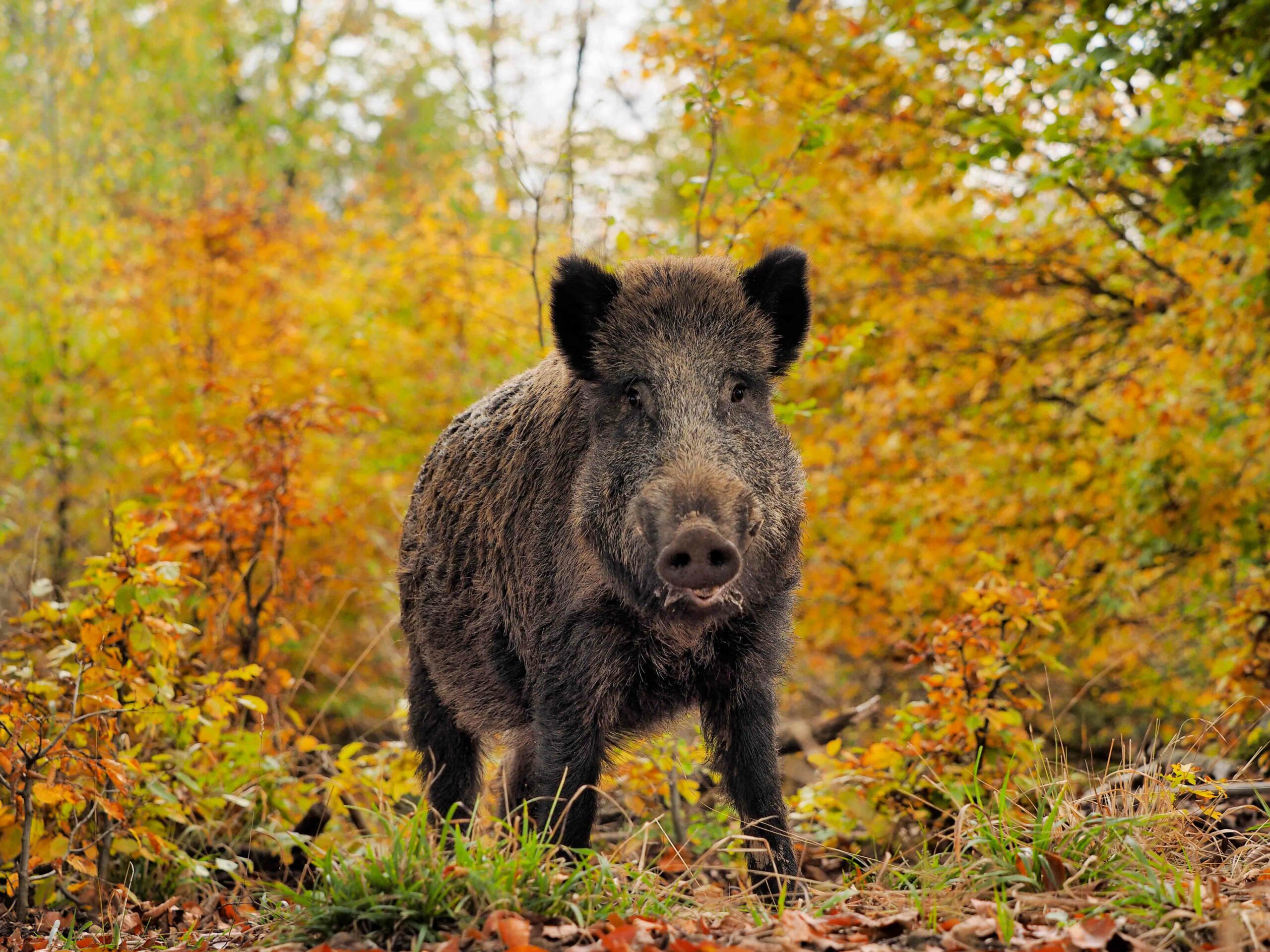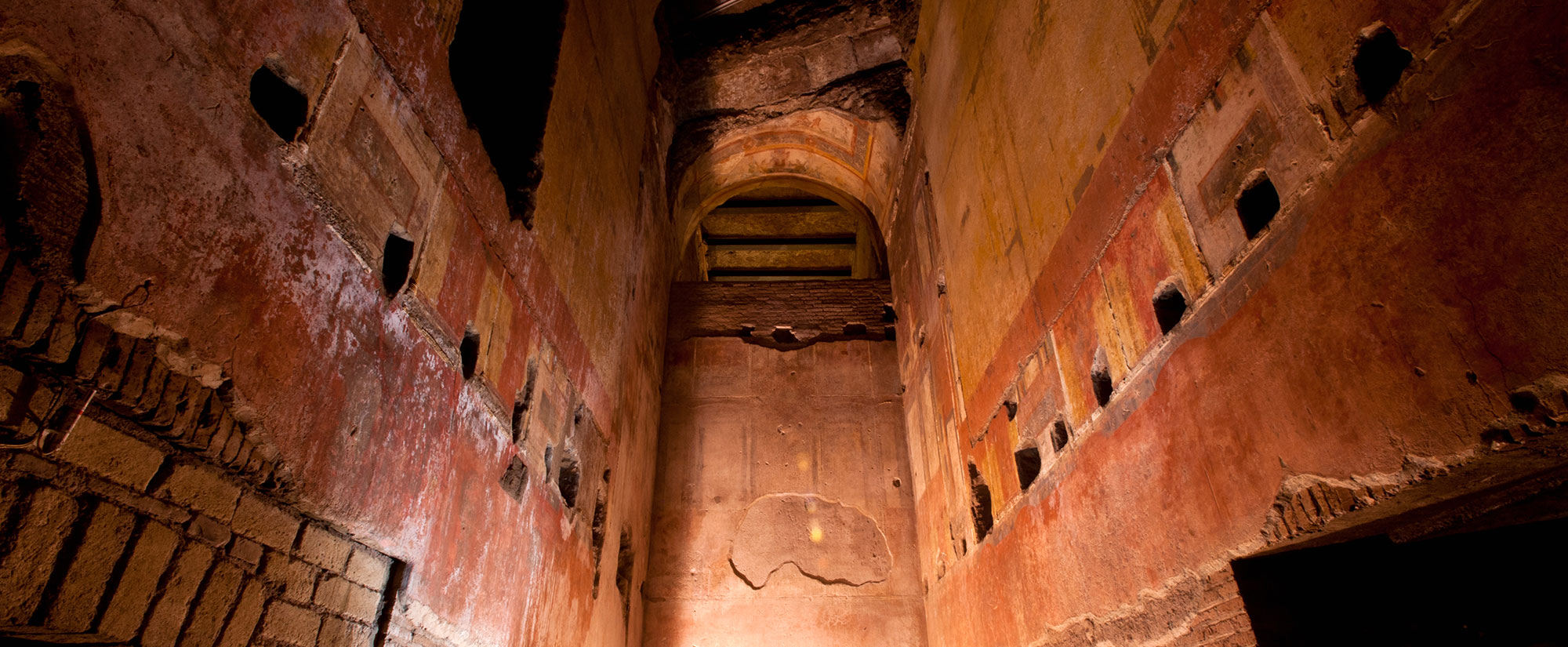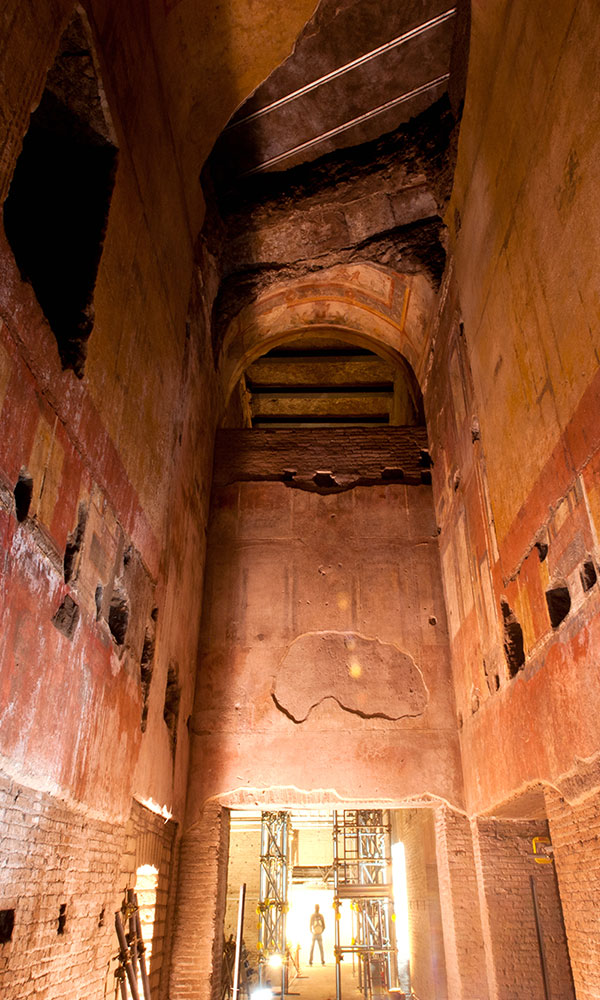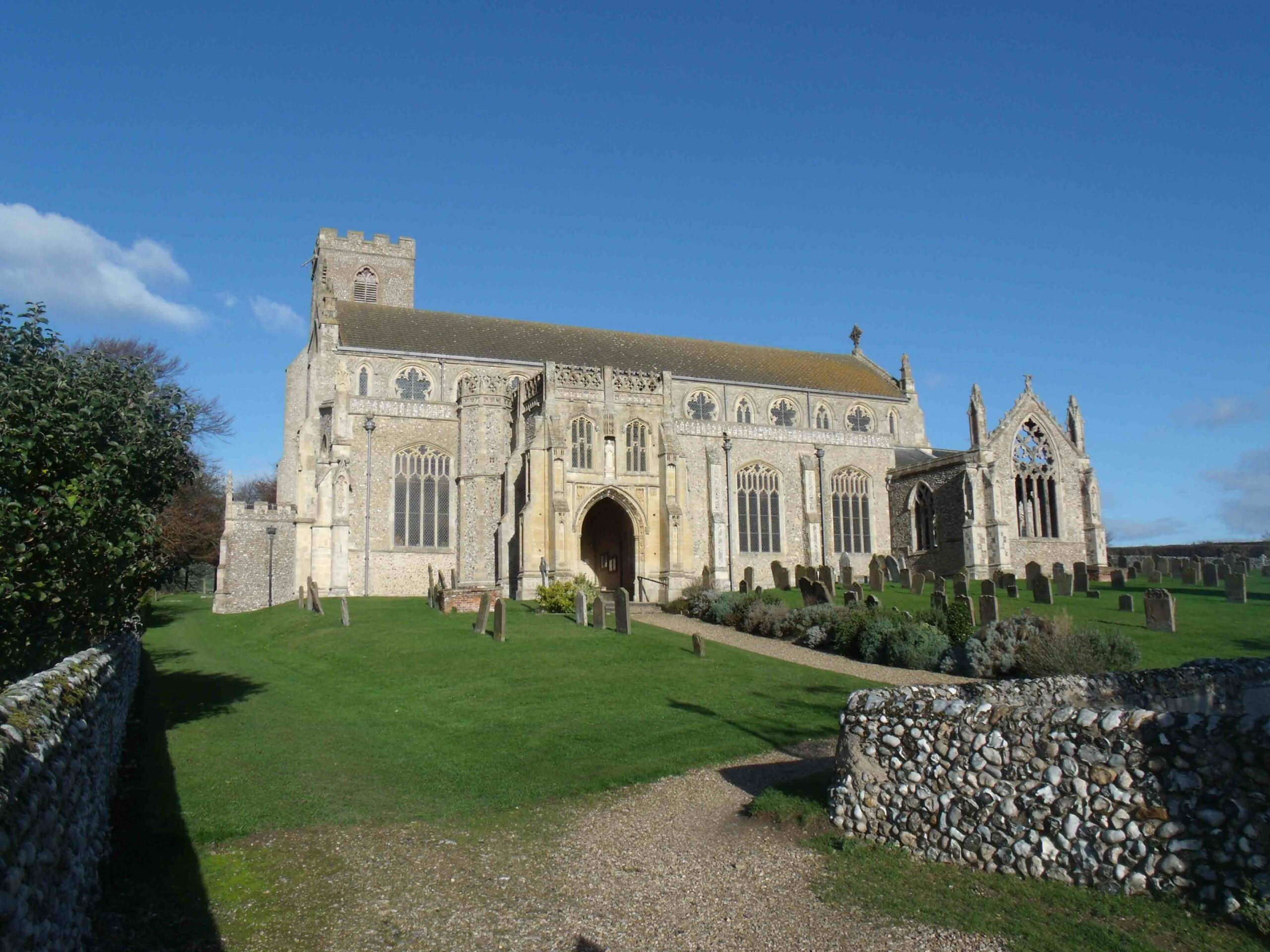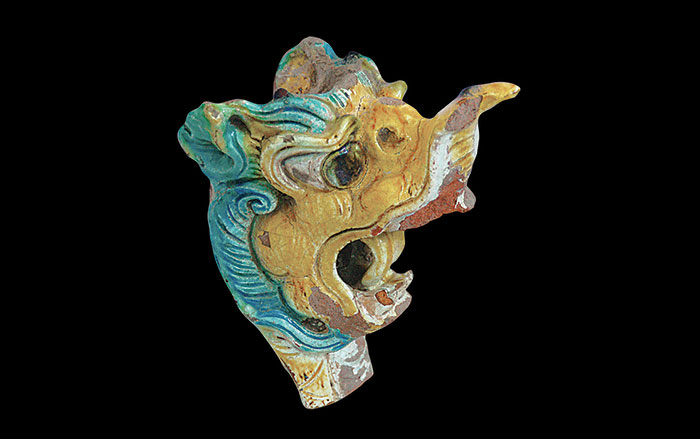
UNIVERSITY PARK, PENNSYLVANIA—Some 12,000 years ago, mastodons, mammoths, giant sloths, and other megafauna ate wild species of pumpkin and squash and distributed the seeds in their dung. At this time, such wild members of the cucurbita family were bitter and toxic to humans and smaller animals. When the megafauna went extinct, the cucurbita plants lost their distribution system and their preferred landscape, which was created by the large animals. “We performed an ancient DNA study of cucurbita including modern wild plants, domesticated plants, and archaeological samples from multiple locations. The results suggest, or confirm, that some lineages domesticated by humans are now extinct in the wild,” George Perry of Penn State said in a press release. The team found that that the widely diverse plants may have been domesticated at least six different times in six different places, but were probably not used for food at first. “Rather, they might have been useful for a variety of other purposes like the bottle gourd, as containers, tools, fishnet floats, etc. At some point, as a symbiotic relationship developed, palatability evolved, but the details of that process aren’t known at the present,” explained Logan Kistler, NERC Independent Research Fellow, University of Warwick, and a recent Penn State postdoctoral fellow. For more on megafauna remains, go to "Butchered Mammoth Bones Unearthed in Michigan."


